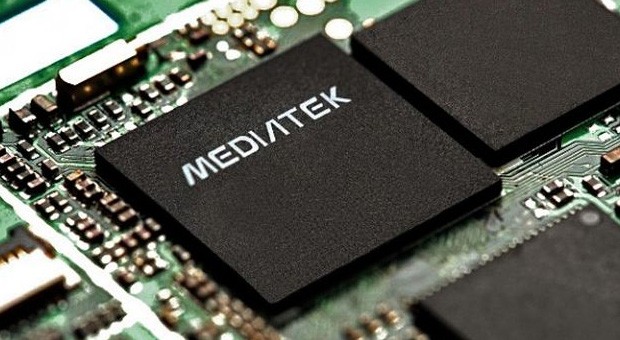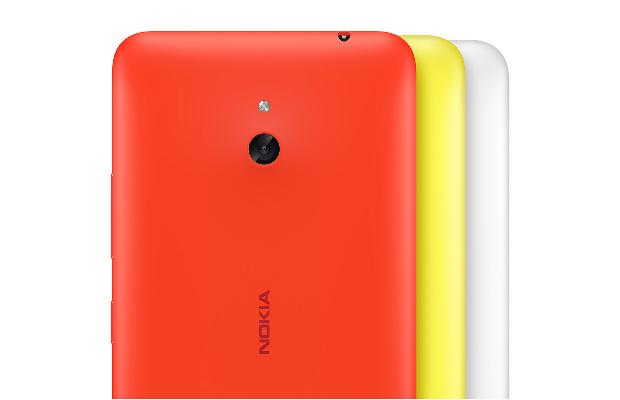Microsoft is planning to offer free Windows for mobile devices up to 9 inches. In essence this means white-box outfits could start using Windows Phone or even Windows RT on some devices. This was not the case in the past, as almost all white-box manufacturers rely on Android for cheap tablets and smartphones.
Irking Qualcomm, Google and Nvidia in a single blow
For the time being Microsoft’s non-x86 mobile operating systems rely on chips from two vendors. Qualcomm supplies Snapdragon parts used in smartphones, while Nvidia’s Tegra 4 is in the second-gen Surface tablet.
If Redmond decides really to tap Mediatek, the deal will probably revolve around mid-range and entry-level parts. Mediatek is huge and in terms of volume it’s the second biggest SoC supplier in the world, but it lacks high-end solutions. In other words it might not be bad news for Qualcomm and Nvidia, as the purported deal is all about creating and entering new markets rather than squeezing them out.
Mediatek has plenty of chips that could do the job and its first parts with on-die LTE are coming soon.

Google on the other hand should not be thrilled. If Microsoft decides to aggressively pursue the value market it will have to compete with Android, there is no way of getting around it. The rumour points to tablets, but it also points out that Qualcomm is likely to face “strong pressure,” which indicates the deal should extend to phones, too.
Boosting market share on the cheap
Windows Phone 8.x is starting to look like a very good OS for low-end and mainstream phones. The biggest problems plaguing cheap Android devices are performance and software support.
Google put a lot of effort into reducing the Android footprint in KitKat and to some extent Jelly Bean. The tweaks allow the latest versions of Android to run on devices with just 512MB of RAM, with relatively cheap processors. However, Windows Phone is still quite a bit leaner and tends to make better use of limited resources. If Microsoft waives its ~$10 licensing fee, it might become even more appealing.
In addition, Microsoft has a different approach to software updates. By strictly regulating the hardware platform and limiting support to just a handful of different chips and other components, it is basically halfway between Google and Apple, i.e. it tries to bring the best of both worlds in a single OS – regular updates and the choice of several platforms for different tiers. As a result, cheap Windows Phone devices could keep receiving updates long after their Android counterparts are forgotten by white-box vendors, which is usually as soon as they are shipped.
Phones, tablets, phablets or all of the above?
But why are we going on about phones if the deal is said to revolve around tablets? Well, Windows RT is dying a slow death and Windows Phone might be a better choice for several form factors, including 7- to 8-inch tablets and phablets, which are very popular in China. Mediatek knows a thing or two about phablets, since its chips power the vast majority of white-box phablets sold in China. Nokia's Lumia 1520 and especially the 1320 are good examples of Windows phablets and they appear to be selling quite well in some markets. However, the 1520 is too pricey, but the 1320 proves that it's possible to design a Windows Phone phablet on the cheap.

Mediatek has already made it clear that it plans to double shipments of tablet SoCs this year. At the moment Rockchip and Allwinner are doing quite well in white-box tablets and Mediatek clearly wants a bigger slice of the pie. Mediatek is in a much better position in the smartphone market and it will extend its lead thanks to LTE integration, which is something small players can’t bring to the table.
Another weird trend is starting to emerge. Chinese white-box outfits are blurring the lines between phablets and compact tablets. They are adding phone functionality to cheap tablets and consumers appear to be open to the idea. This phenomenon has already caused a spike in demand for Mediatek’s parts over the past few months.
Bottom line – this is still a rumour, but it makes a lot of sense and it would benefit Microsoft and Mediatek, without causing too many problems for other Microsoft hardware partners. We still cannot confirm it, but it is in line with plans outlined by Mediatek last year. At the time the chipmaker said it wants to shift focus to tablets and LTE-enabled devices. It also plans to double its tablet SoC shipments to more than 40 million units this year. In any case a potential Microsoft - Mediatek deal would be a game changer, so we will keep our eyes peeled for more info.




